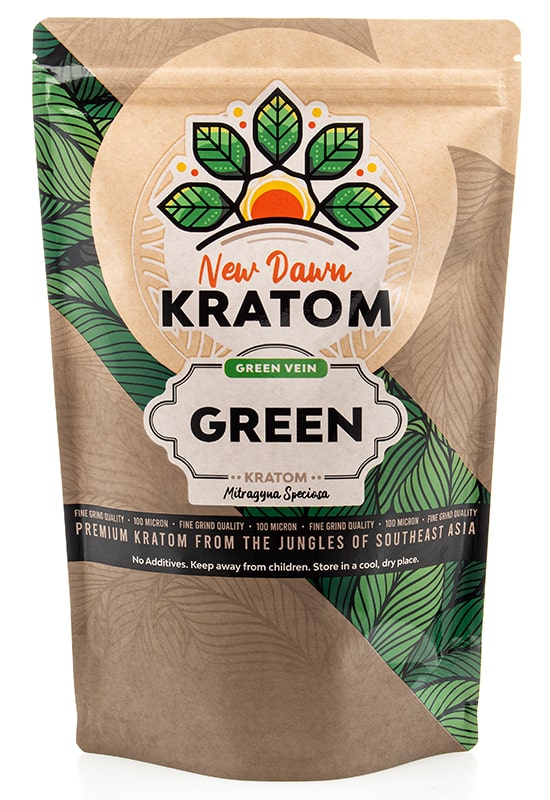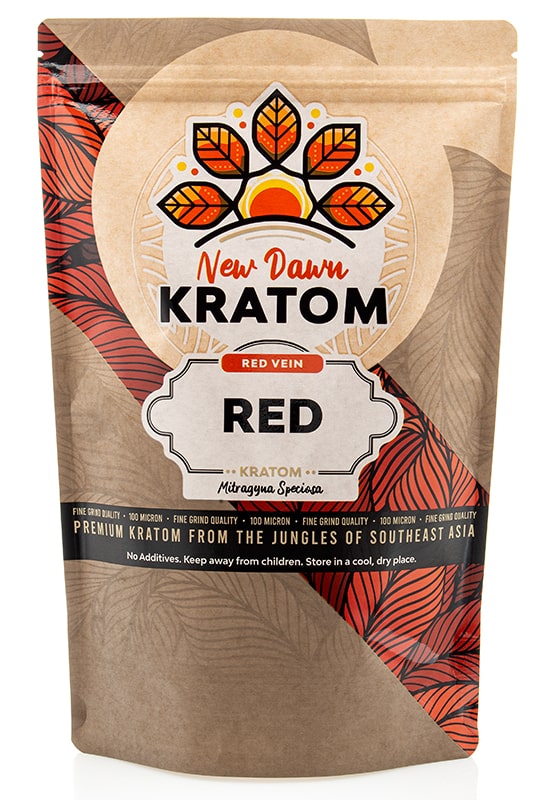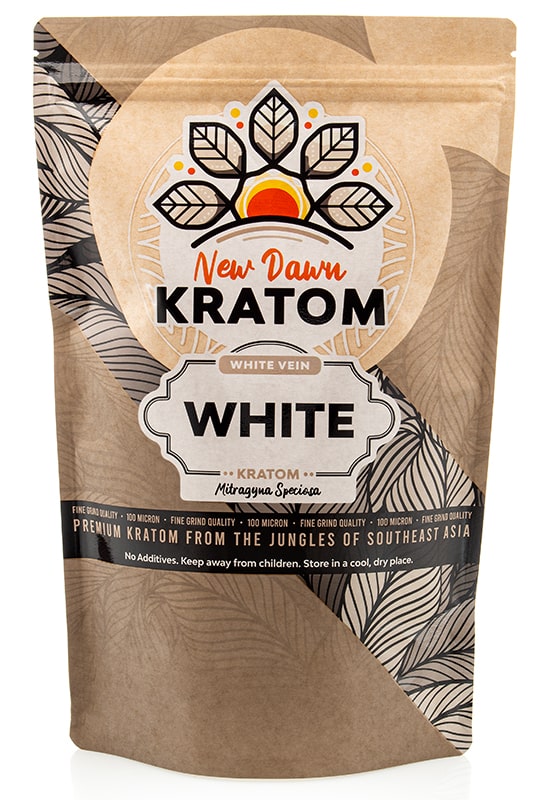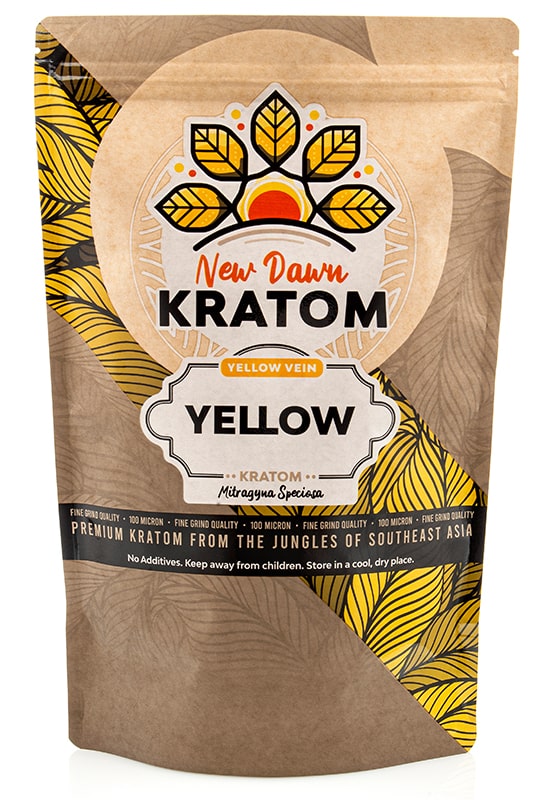Kratom, an increasingly popular herbal supplement, has captured the attention of millions seeking relief from chronic discomfort, stress, and a variety of other ailments. While its many benefits have transformed lives, concerns regarding liver injury and liver health have surfaced, prompting users to question its safe usage.
Delve into our comprehensive guide as we dissect the relationship between this popular herbal supplement from Southeast Asia and liver injury. We provide you with crucial insights backed by scientific research that will enable you to enjoy the potential benefits of kratom while safeguarding your liver’s health.
What Is Kratom?
Kratom is derived from the leaves of the Mitragyna speciosa tree. It has been used for centuries as a traditional remedy for various ailments. In recent years, it has gained popularity in Western countries for its remarkable benefits, which include relief from soreness, mood enhancement, increased energy, and better sleep quality.
By acting on the brain’s receptors, kratom provides users with relief and a sense of well-being, making it an attractive alternative for those seeking natural solutions to improve their quality of life. Kratom is available in numerous forms like kratom tea, capsules, tinctures, and extracts.

What Does the Liver Do?
The liver plays a crucial role in the processing and elimination of drugs and substances from the body. Its key functions in this context include:
- Metabolism: The liver metabolizes drugs and substances, breaking them down into simpler compounds that can be more easily eliminated.
- Biotransformation: The liver transforms drugs and substances into active or inactive forms. This process can either activate a prodrug into its therapeutically effective form or inactivate a drug to prepare it for elimination.
- Drug clearance: The liver helps to eliminate drugs and substances from the body through bile or urine. This process is essential to prevent the buildup of potentially toxic substances.
- Drug-drug interactions: The liver is responsible for managing potential interactions between multiple drugs or substances, ensuring that their combined effects do not lead to adverse outcomes.
- Detoxification: The liver neutralizes and removes potentially harmful substances, such as toxins, alcohol, and byproducts of metabolism, to protect the body from their detrimental effects.
- Storage: The liver stores certain drugs and substances, releasing them gradually as needed to maintain a steady concentration in the bloodstream.
These functions highlight the liver’s central role in the safe and effective use of drugs and substances, as well as in maintaining overall health.
Can Kratom Cause Liver Injury?
Kratom is a unique substance that has gained attention for its ability to provide a range of benefits. Unlike other plants and herbs, what makes kratom different is its high concentration of alkaloids. As a result, the liver has to work extra hard to process all these alkaloids effectively.
While people with healthy livers have nothing to worry about, kratom’s effects on liver functions may affect those with pre-existing liver injuries. For individuals with a genetic defect or pre-existing liver damage, kratom may pose a higher risk for liver damage. Similarly, those who have sensitivities to kratom or are taking liver-toxic medications or substances may also be at greater risk of kratom-induced liver injury.
Kratom enthusiasts may be well aware of the plant’s abundance of alkaloids, specifically mitragynine. Unfortunately, this compound’s metabolism relies heavily on the liver enzyme CYP2D6, as well as some support from CYP3A4 and CYP2C9. As it turns out, this could spell trouble for certain users who have issues with this pathway or are taking medications that also affect these enzymes.
In these cases, the risk of drug-induced liver injury may be higher. While many have touted the potential benefits of kratom, it’s important to approach this natural substance with caution and awareness of the potential risks. The key takeaway is that healthy individuals can safely enjoy the benefits of kratom without experiencing any adverse effects. So, if you have a healthy liver and are curious about what this plant has to offer, consider giving it a try.

Research Involving Kratom and Liver Injury
When it comes to alternative medicine, some believe that kratom is a miracle substance that can help with a wide range of issues. However, a recent 2020 review on kratom’s effects revealed some concerning findings.
Researchers noted a total of 11 cases of kratom-related liver injury, all of which were symptomatic and resulted in the development of jaundice. Another review also examined cases of hepatotoxicity after ingesting kratom and concluded that this substance could cause liver injury and other serious complications.
These findings are a reminder that while kratom may have potential benefits, kratom’s effects on the liver should be closely monitored. Using the herb should still be approached with caution and done only under the guidance of a healthcare professional.
Drugs That Could Raise the Chance of Liver Injury When Taken With Kratom
Certain drugs could raise the risk of developing serious liver injury when taken with kratom. These include the following:
- Fluvoxamine
- Methotrexate
- Phenformin
- Nortriptyline
- Amitriptyline
- Alcohol
- Mianserin
- Dextromethorphan
- Imipramine
- Perhexilene
- Flecainide
- Encainide
- Debrisoquine
- Fluoxetine
- Metoprolol
- Desipramine
- Codeine
- Azathioprine
- Paroxetine
- Clomipramine
Take note that this is by no means a comprehensive list. Consult a physician to learn more about other drugs that could negatively interact with kratom.

Symptoms of Liver Injury Due to Kratom
Acute liver injury or liver disease resulting from kratom use can manifest through various symptoms, which may range from mild to severe. They are as follows:
Jaundice
A yellowing of the skin and eyes indicates a buildup of bilirubin, a waste product typically processed by the liver.
Dark Urine
The presence of high levels of bilirubin or other waste products can cause result in dark urine.
Pale or Clay-Colored Stools
An impaired liver may not produce enough bile, leading to pale or clay-colored feces.
Abdominal Discomfort
Discomfort in the upper right area of the abdomen may indicate liver stress or damage.
Nausea and Vomiting
General feelings of nausea or vomiting episodes could signal liver issues.
Fatigue and Weakness
A compromised liver may cause persistent fatigue or weakness due to its impaired ability to process nutrients and eliminate toxins.
Loss of Appetite
Liver problems can lead to a decreased appetite or a general aversion to food.
Swelling in the Abdomen
Liver injury may cause fluid accumulation in the abdominal cavity, leading to swelling and abdominal discomfort.
Itching
Accumulation of waste products in the bloodstream can cause itching, which might be a sign of liver damage.
If you experience any of these symptoms while using kratom, it is essential to consult your healthcare provider promptly to evaluate your liver function, check for liver disease, and determine whether kratom use is the cause.

Safety Tips When Using Kratom
To minimize drug-induced liver disease associated with kratom use, consider the following safety tips when taking kratom:
Start with a low dose: Begin with a minimal dose to assess your body’s response to taking kratom. Gradually increase the dose if needed while closely monitoring for adverse effects.
Use high-quality kratom: Source your kratom from reputable suppliers to ensure its purity and quality. Contaminated or adulterated kratom can pose additional risks to your health when regularly taking kratom.
Avoid mixing with other substances: Taking kratom with other drugs, alcohol, or medications can increase the risk of liver injury or adverse effects.
Monitor liver function: If you have a pre-existing liver condition or are concerned about the impact of kratom on your liver, consider regular liver function tests to detect any potential issues early on.
Stay hydrated: Drinking ample water while using kratom can help support your liver and kidneys, promoting the efficient elimination of waste products.
Listen to your body: Pay attention to any changes in your well-being or signs of adverse effects while using kratom products. If you experience symptoms of liver injury or other concerning reactions, stop using kratom and seek medical advice immediately.
Rotate strains: Regularly rotating kratom strains can help prevent the development of tolerance and reduce the strain on your liver.
Use kratom responsibly: When taking kratom tea, powder, or capsules, avoid excessive or prolonged use, as this can increase the risk of dependency, tolerance, and potential liver issues.
By adhering to these safety tips, you can responsibly enjoy the benefits of kratom while minimizing the risk of liver injury, such as acute liver failure or other adverse effects.

Frequently Asked Questions
Can kratom cause liver damage?
While kratom has been associated with liver injury in rare cases, most users do not experience liver complications. Individuals with pre-existing liver conditions or genetic predispositions may be more susceptible to liver damage. It is essential to monitor liver function and use kratom responsibly to minimize potential risks.
How can I minimize the risk of liver injury while using kratom?
To minimize the risk of liver injury, start with a low dose of kratom, avoid mixing it with other substances, stay hydrated, and stick to a healthy lifestyle. Regularly monitoring liver function can also help detect potential issues early.
Can liver injury caused by kratom be reversed?
In many cases, discontinuing kratom use and seeking appropriate medical treatment can lead to the reversal of liver injury. Early detection and intervention are crucial for successful recovery.
Conclusion
While kratom offers numerous benefits for discomfort relief, mood enhancement, and energy boost, you must remain vigilant about kratom’s effects on the liver. By following responsible usage guidelines, sourcing high-quality kratom, and monitoring liver function, users can reduce the risk of liver injury and enjoy the advantages of this natural remedy.
Remember to consult your healthcare provider when new to using kratom, especially if you have pre-existing liver conditions or take medications that may interact with it. Ultimately, being informed and proactive about your health will help you make the most of kratom’s benefits while safeguarding your well-being.





